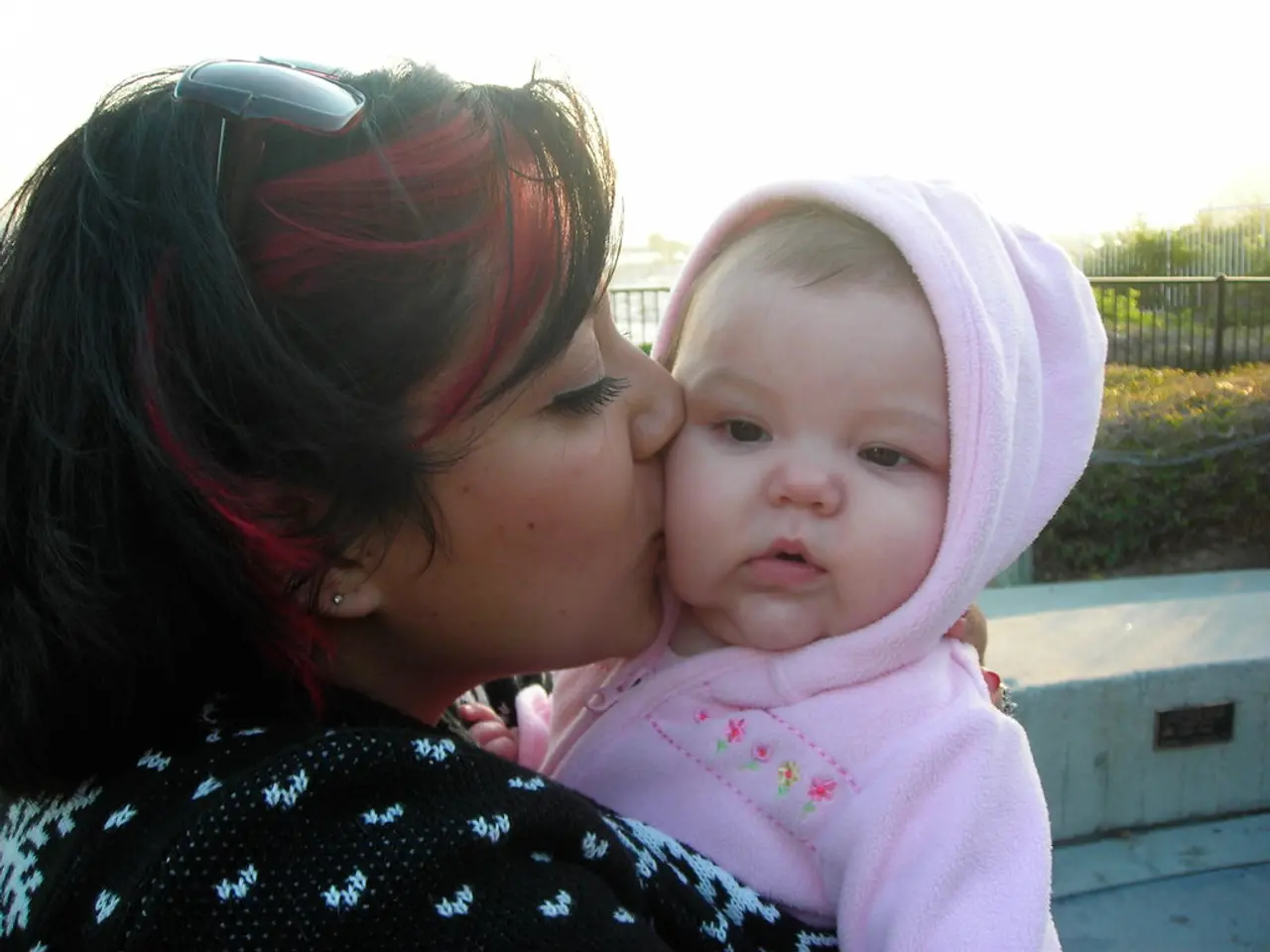Mourning the Departure of a Mother: Strategies for Daughters to Find Comfort
Grief after the loss of a mother is a deeply personal and unique experience for everyone. It can lead to a range of emotional and physical challenges, but it's important to remember that you are not alone.
A 2015 study found that women, particularly daughters, may experience a more intense grief response and struggle more with adjusting to the loss. This response can manifest in various ways, such as a greater decline in self-esteem, a lower level of personal mastery (personal growth), and in some cases, binge drinking.
Grief is also linked to increased chances of cancer, cardiac issues, immune disorders, and high blood pressure, according to another study. However, it's crucial to note that everyone's body reacts differently to stress, and these physical symptoms may not be experienced by everyone.
The Diagnostic and Statistical Manual of Mental Disorders (5th ed.) notes an array of normal emotions in the year following parental loss, including regret, remorse, anxiety, guilt, emptiness, rage, anger, sadness, and numbness.
Finding comfort during this difficult time can be challenging, but focusing on happy reminders such as pictures, books, or keepsakes can provide a sense of solace. Maternal support can come from figures who are not blood relatives, and keeping up with traditions from your mother or starting your own traditions may help ease the burden of loss.
Honoring a mother's memory can take various forms, such as donating to her favourite charity or achieving personal goals. Local support groups, online chat forums, and mental health professionals can be resources for navigating the grieving process.
If extreme grief persists for more than a year or interferes with daily tasks, speaking with a mental health professional may be beneficial. Offering support to others who have experienced parental loss can help you in your own journey with grief.
In times of overwhelming grief or when considering self-harm or suicide, resources such as the 988 Suicide and Crisis Lifeline, Crisis Text Line, and Befrienders Worldwide offer immediate help.
There are numerous books that may help with grief, including 'Healing After the Loss of Your Mother: A Grief & Comfort Manual' by Elaine Mallon, 'Motherless Daughters: The Legacy of Loss' by Hope Edelman, and 'How to Survive the Loss of a Parent: A Guide for Adults' by Lois F. Akner with Catherine Whitney.
It's also worth noting that grief that impairs your daily functioning, or persists for longer than a year, may require the support of a mental health professional. Unfortunately, as of the current search results, there are no specific frequently known names of mental health counselors in Germany specializing in grief work related to the loss of a mother.
Lastly, you may experience regret for lost family traditions and cultural knowledge after the loss of a mother. Practicing mindfulness can help manage painful memories related to the loss of a mother, and focusing on the positive memories and lessons your mother has left you can provide a sense of peace during this difficult time.




